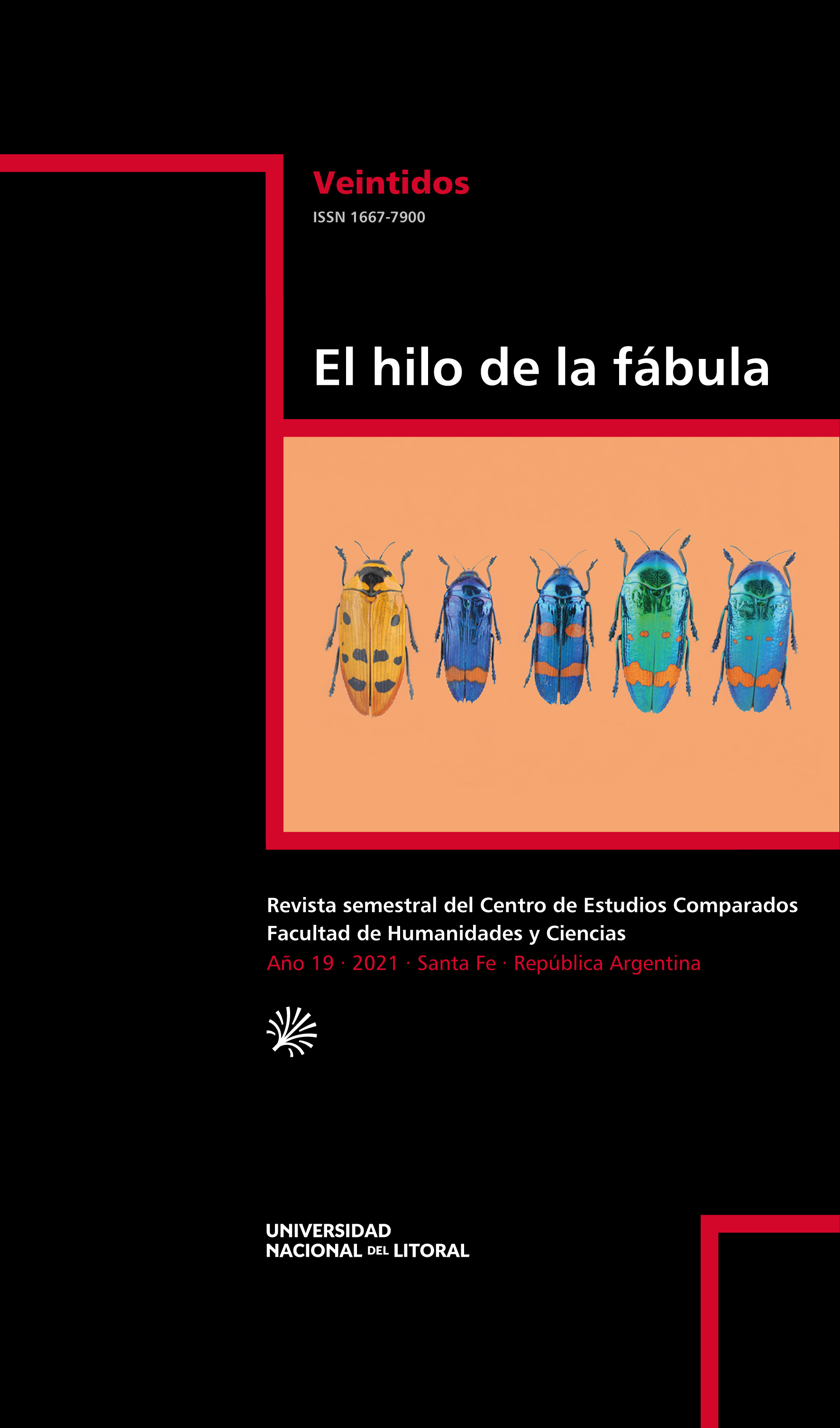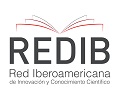La lechuza de Minerva. Realismo y catástrofe
DOI:
https://doi.org/10.14409/hf.19.22.e0006Palabras clave:
realismo, catástrofe, performance delegada, ficción, Rafael SpregelburdResumen
El pensamiento, como el ave de Minerva, inicia su vuelo al atardecer. Para Hegel eso era prueba de sabiduría, hoy solo indica un fracaso: los hechos le explotan en la cara. La filosofía y la crítica, con pocas excepciones, sostienen aún que solo hay «ficciones consensuales» (Rancière 2008) o, como denuncia Alain Badiou, que «no hay más que cuerpos y lenguajes» (Badiou 2008:621). La ciencia y el arte, en cambio, han imaginado la catástrofe con soltura desde hace siglos, y un realismo que recupere la tensión ética en el sentido del cambio (Gramuglio) será el que piense y señale la vacilación de las ficciones hacia lo real. En Pongamos por caso (2020), obra estructurada por Rafael Spregelburd y acribillada por performances delegadas de traductores, el dramaturgo «hace cómplice al espectador de que está frente a una actuación, pese a que esta esté atravesada por estados de verdad. Y que eso es lo real». (Spregelburd 2010:170-171).
















